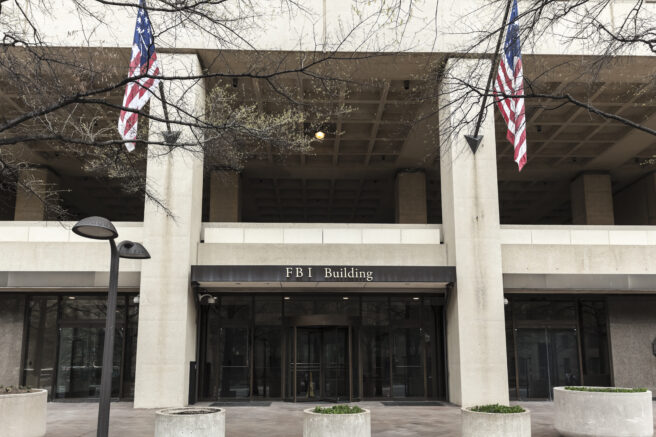
Alleged Evasion Through a Law Firm Account and High-End Real Estate
On February 7, 2023, the U.S. Attorney’s Office for the Southern District of New York announced the unsealing of an indictment charging Vladimir Voronchenko (“Voronchenko”) with participating in a scheme to make payments in excess of $4 million dollars to maintain four properties located in the United States that were owned by Viktor Vekselberg (“Vekselberg”), a sanctioned Russian oligarch (whose own issues we have blogged on here). Additionally, the indictment also charges Voronchenko, a citizen of the Russian Federation and legal permanent resident of the United States, with contempt of court in connection with his flight from the United States following receipt of a grand jury subpoena on May 13, 2022, which required his personal appearance and testimony. He has not returned to the United States since.
As we discuss, the indictment implicates several issues on which we blog frequently, including evasion of Russia sanctions relating to the Ukraine; the potential exposure of lawyers to money laundering risks; and the potential exposure of real estate professionals to money laundering risks.








